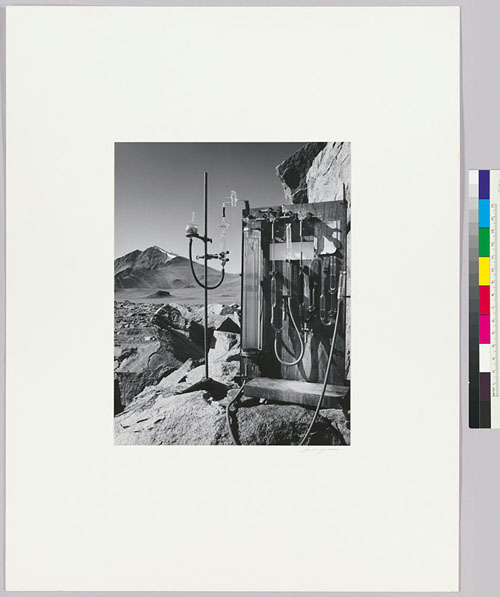 Are you a humanist working with digital materials to do your research? Are you carrying out your research or presenting your results using digital methods and tools? Are you teaching using digital tools and content? If you answered yes to any of these questions, then your work might be considered digital humanities.
Are you a humanist working with digital materials to do your research? Are you carrying out your research or presenting your results using digital methods and tools? Are you teaching using digital tools and content? If you answered yes to any of these questions, then your work might be considered digital humanities.
Digital humanities has been described as “dynamic dialogue between emerging technology and humanistic inquiry” (Varner, 2016). It is a term that is used to describe a domain within the humanities where researchers are doing most of their work using digital tools, content, and/or methods. Whether this work is partially or exclusively digital, this designation is a way to set these emerging practices apart from more traditional or “analog” ones, though there is no clear distinction.
The scope of digital humanities has been a hot topic in recent years, especially in relation to the library’s role in this new domain. What services does the library provide to digital humanists? What can the library do to support digital humanities on campus?
The Library has always provided services to researchers and will continue to provide those same services, as well as to expand their offerings to encompass new forms of research, publication, and teaching. It is not a question of libraries supporting one or the other. Digital humanities is still evolving, and the Library is evolving right along with it, continuing to offer collections, research support, and instruction in both traditional ways and new ones as this “dynamic dialogue” expands.
The Library collects and creates digital resources at the same time that it continues to build its analog collections. Myriad databases, data sets, and other digital resources are available through the Library catalog and website. In addition, our digitized special collections are available through Calisphere, which provides access to digital images, texts, and recordings from California’s great libraries, archives, and museums.
While the library is busy collecting and organizing digital resources, reference librarians are ready and willing to provide you with research help. The expertise that librarians have in connecting researchers to materials, designing research, and providing instruction on how to evaluate and use new content and tools continues to grow and expand in this new environment.
In addition, the library provides instruction to help those new to the digital humanities to learn about tools and skills needed to do this work. Many librarians have partnered with the D-lab in Barrows Hall on campus to provide instruction on citation management, metadata, and research data management. The D-lab also offers training in various programming languages and data tools, as well as consulting on research design, data analysis, data management, and related techniques and technologies. Library trainings and events are generally posted to the library events calendar.
The Library also works closely with the Digital Humanities @ Berkeley group (a partnership between Research IT and the Office of the Dean of Arts and Humanities) which support digital humanities events, trainings, course support, and graduate student and faculty projects. Their calendar lists talks, workshops, and other events designed to help move the DH community on campus forward.
Keeping the “dynamic dialogue” of digital humanities moving forward is a campus goal, and the relationship between digital humanities and the Library is an evolving one. We are hiring new librarians with digital humanities skills to further develop this relationship and expect to see more growth in the scope of the library’s involvement in digital humanities as the community on campus continues to expand.
Mary W. Elings
Head of Digital Collection, The Bancroft Library
Contact me at melings [at] berkeley.edu
